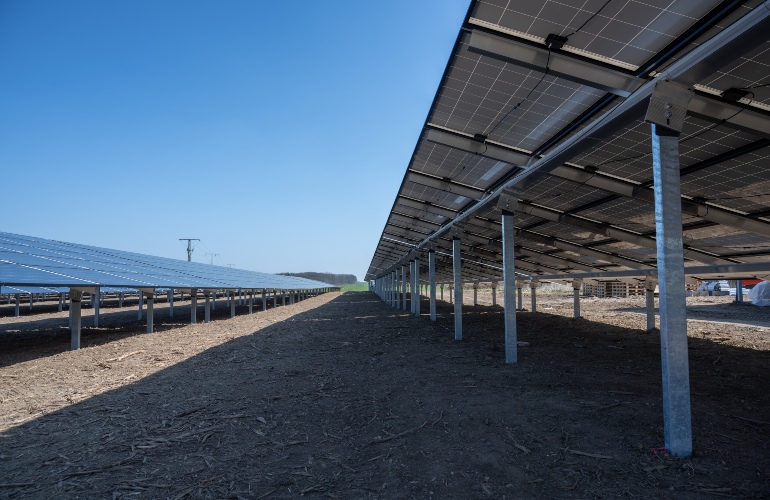The Solar Energy Manufacturers Association (SEIA) has pushed back against a 2024 change in international building codes that could increase inspection costs and requirements for ground-mounted solar projects.
The Federal Emergency Management Agency (FEMA) has proposed raising the risk class for ground-based solar panels from Risk Class I, which includes buildings that pose a "low risk to human life in the event of a failure," such as: B. Warehouses and agricultural structures. And Category 4 is "classified as essential structures and buildings whose loss of function poses a significant risk to occupants or users," the BBC said in a statement. Category 4 facilities include emergency medical facilities, utilities and power plants, including photovoltaic solar cells.
The Environmental and Social Impact Assessment (EIA) claims that an increase in risk classes may increase the material composition of the supports and solar panels required to meet these assessment standards, which may lead to higher production and project costs. FEMA's proposal comes shortly after the passage of the Inflation Reduction Act, federal legislation that includes a long-awaited extension of solar investment tax credits and new production tax credits to support domestic manufacturing.
"This is an exaggeration," SEIA CEO and President Abbie Hooper wrote on her blog. “There is no widespread knowledge of irreparable damage to solar panels due to high earthquake, wind or snow loads, and there is no basis for these very onerous regulations.
"In practice, this change to the law will make most solar and storage projects too expensive to build, damage the power grid, and hinder the development of clean energy — all without the benefit of a reliable energy source."
SEIA's rejection of FEMA's proposal (IBC S76-22) would require that solar PV installations not be classified in the second risk category (S79-22 and S81-22), which includes other low-risk installations. The organization says that solar panels do not pose a major threat to humans and continue to generate electricity despite adverse weather conditions and natural disasters.
SEIA sends a letter to the International Code Council requesting a denial of approval of S76-22, S79-22 and S81-22.



